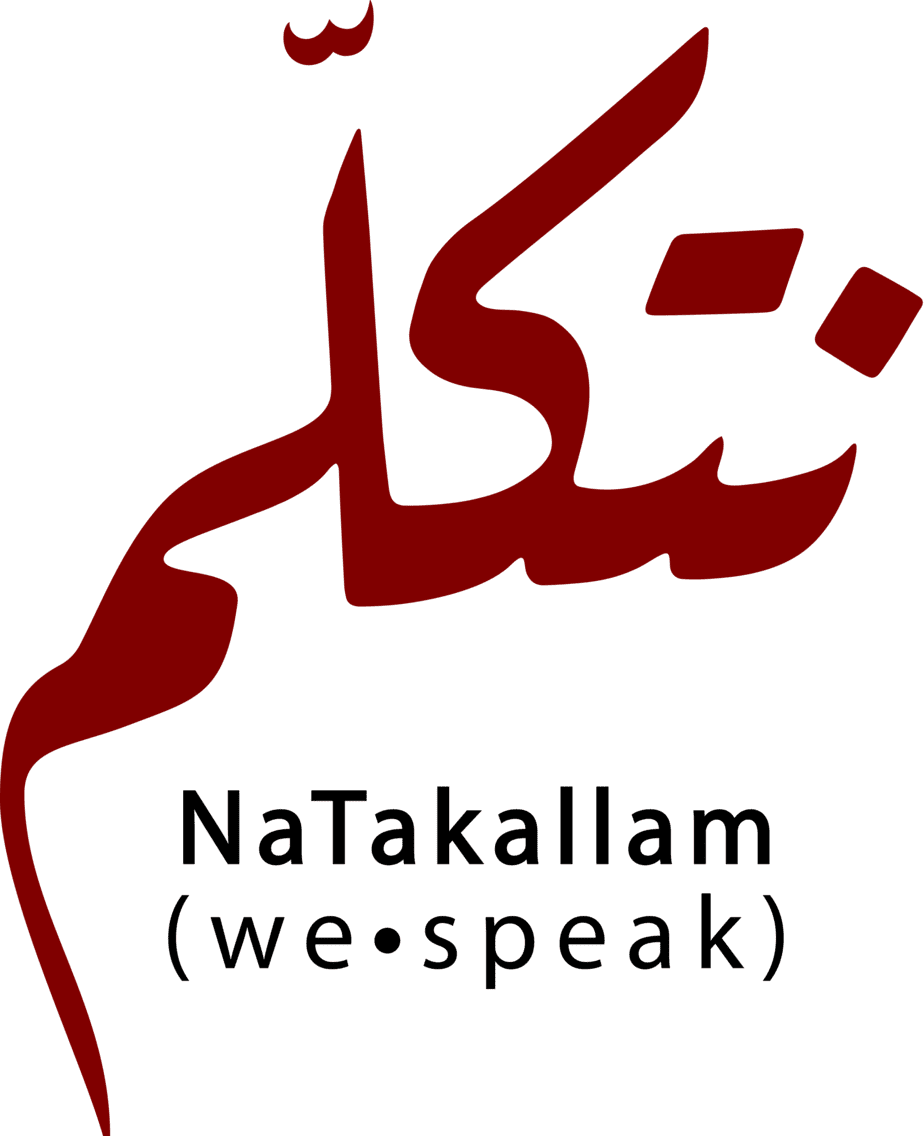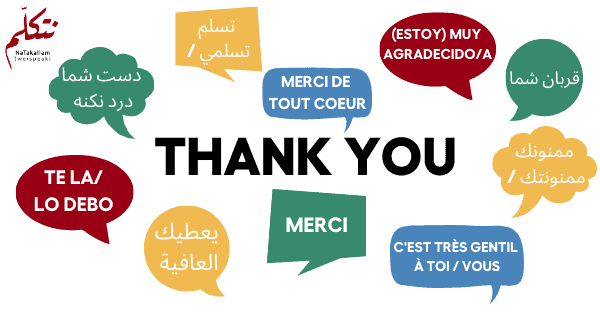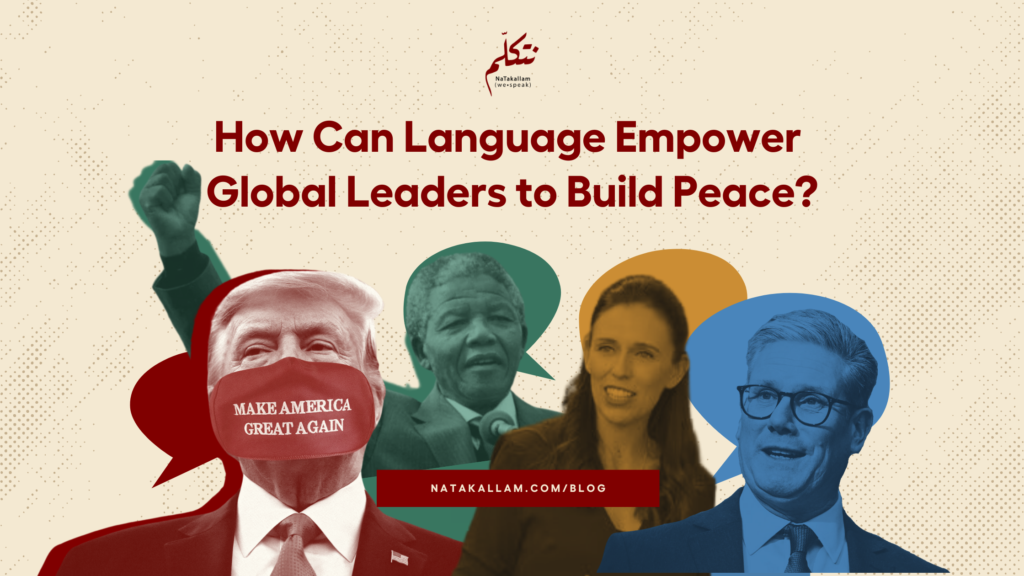10 Untranslatable Love Expressions From Different Languages
Love is a universal language but some days you need a little extra help with expressing your affection to your loved one. Here are our top 10 love expressions in 6 languages.
1. Arabic: Damu-hu/hā khafeef (دمه/ دمها خفيف)
Literally meaning “his/her blood is light”, this expression is used to say that you find someone extremely funny and adorable! Don’t forget that gender matters in Arabic: when referring to a male, use damu-hu khafeef, and for a female, use damu-ha khafeef.
2. Spanish: Eres un bombón
Like the previous expression, this phrase is a way of complimenting a loved one when they look particularly sweet. It literally translates to “you are a bonbon”.
3. French: Mon petit chou (masculine) or Ma choupinette (feminine)
This unique term of endearment can often be confusing. It literally translates to “my little cabbage”! However, you’re not calling your loved one a cabbage here but a “chou” short for ‘chou à la crème’, a sweet French puff pastry!
4. Persian (Farsi): Delam barāt tang shode (دلم برات تنگ شده)
When “I miss you” just isn’t enough, employ this poetic Persian phrase. It literally translates to “my heart has tightened for you”. This expression conveys the physical agony of being separated from a loved one – you miss someone so much that you can’t breathe!
5. Spanish: Me haces mucha falta
Although this Spanish expression is commonly translated as “I miss you”, it has a more heartwarming meaning to it. When broken down, it translates to: you make a big absence in me, or you are lacking from me!
6. French: Retrouvailles
Perhaps more relevant these past two years than ever: the unmatched feeling of joy when finally reunited with a loved one after much time apart – that’s exactly what this untranslatable French word conveys!
7. Kurmanji Kurdish: Kezeb-a min
Go beyond the typical terms of endearment with this Kurmanji expression. Address your loved one – lover, family or friend – with: “kezeb-a min”, literally meaning “my liver”. This expression conveys how vital they are to your life, like the liver to the human body!
8. Arabic: Tuqburnii (تقبرني)
No, we did not mix up our Valentine’s Day and Halloween expression lists! Although this phrase literally means: “you bury me”, it’s used to imply that one would rather die and have you bury them, than live without you! A rather touching expression of love!
9. Persian (Farsi): Doret begardam (دورت بگردم)
Another poetic Persian phrase, this one translates literally to: “let me circle around you”, in effect meaning, “I would do anything for you”. We love the planetary imagery this evokes!
10. Eastern Armenian: Janit mernem (ջանիդ մեռնեմ)
Literally meaning “let me die on/for your body”, this is said to show your profound love and care for someone! A heartwarming expression of love, to be taken metaphorically, of course ;)!
Roses are red, violets are blue, express love in new languages, & meet NaTakallam’s awesome (refugee) language tutors, too! Treat yourself to our unique language lessons or give the Gift of Language to your loved ones, near or far. Available in Arabic, Armenian, English, French, Kurdish, Persian and Spanish.
At NaTakallam, every language session contributes to the livelihoods of our skilled tutors from displaced backgrounds. Learn a language, make a friend, change a life.
10 Untranslatable Love Expressions From Different Languages Read More »








